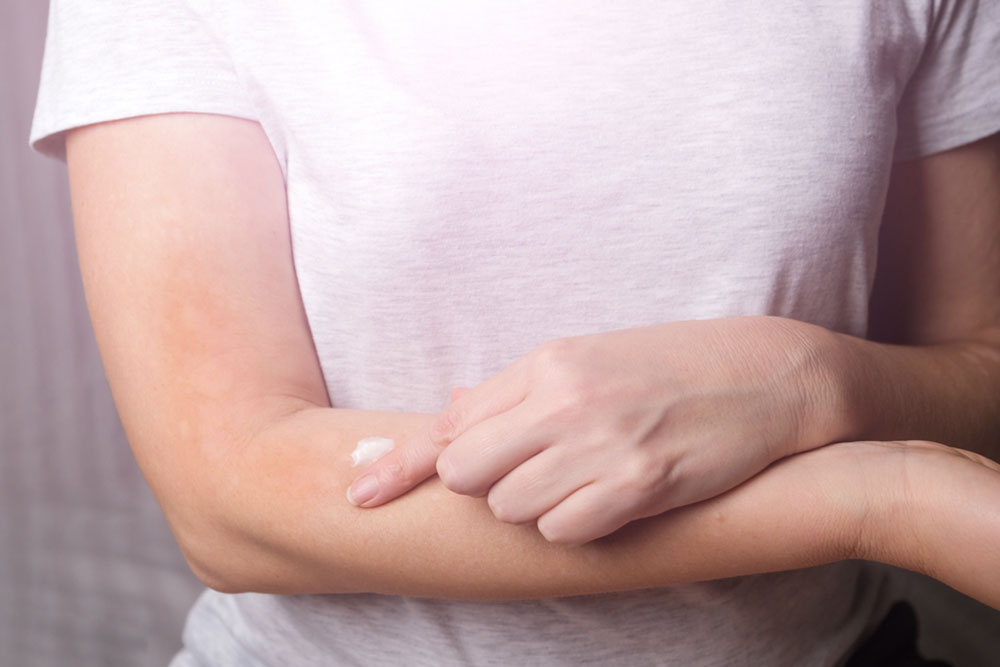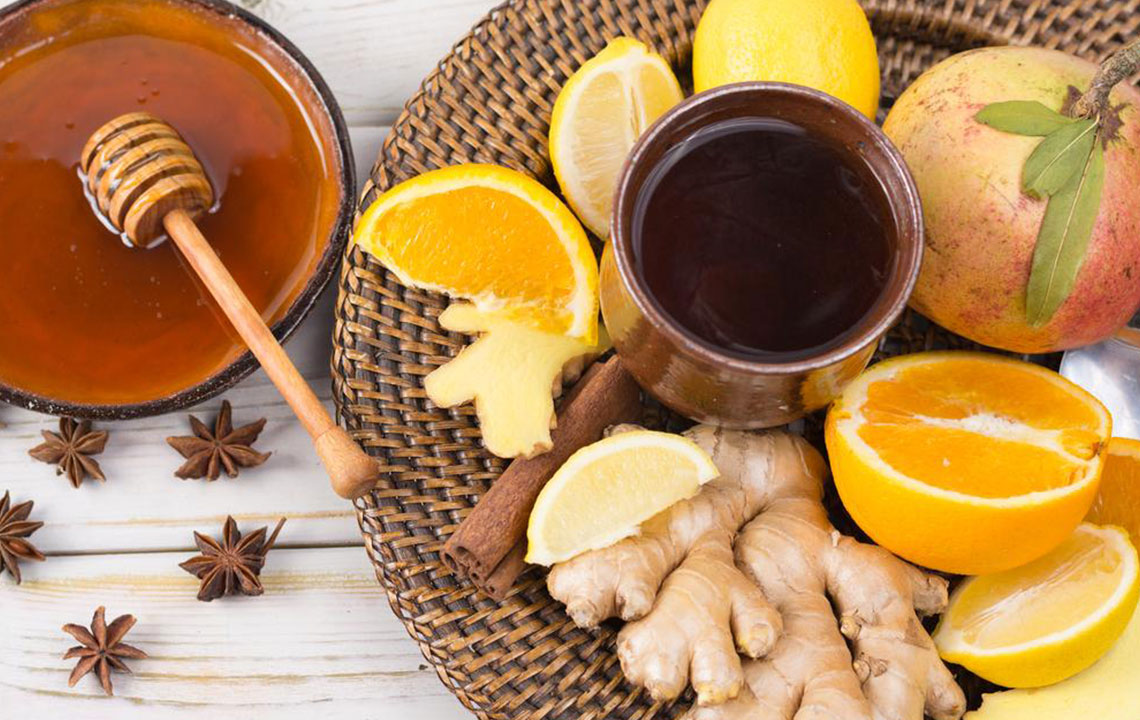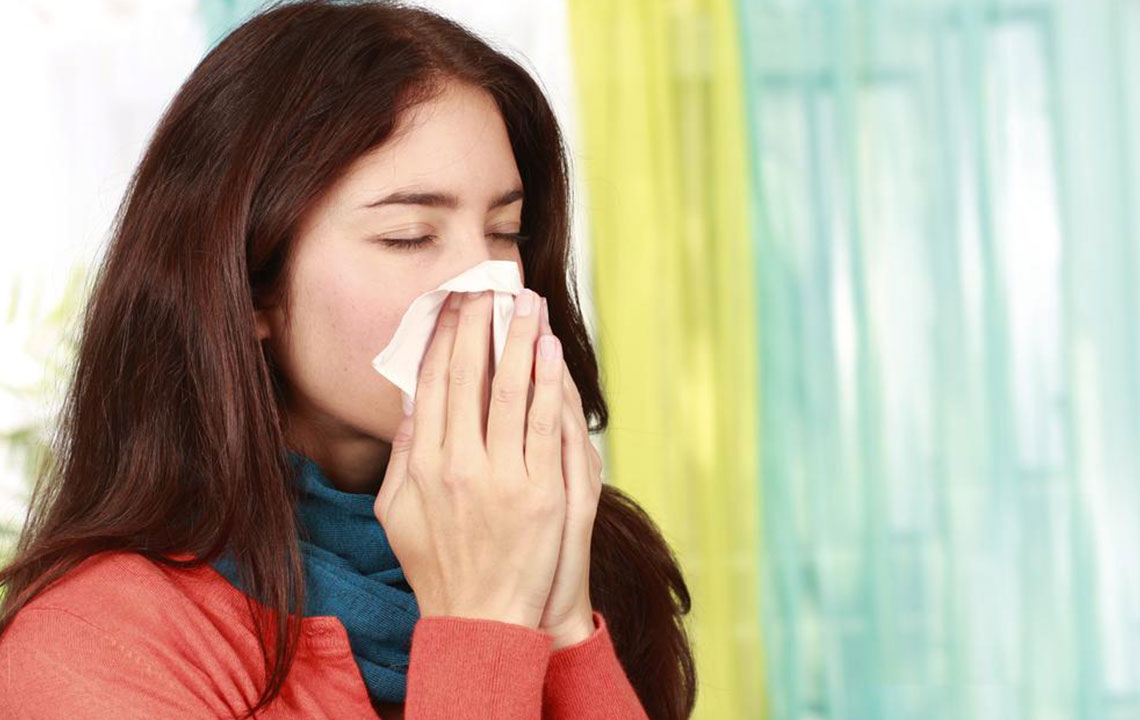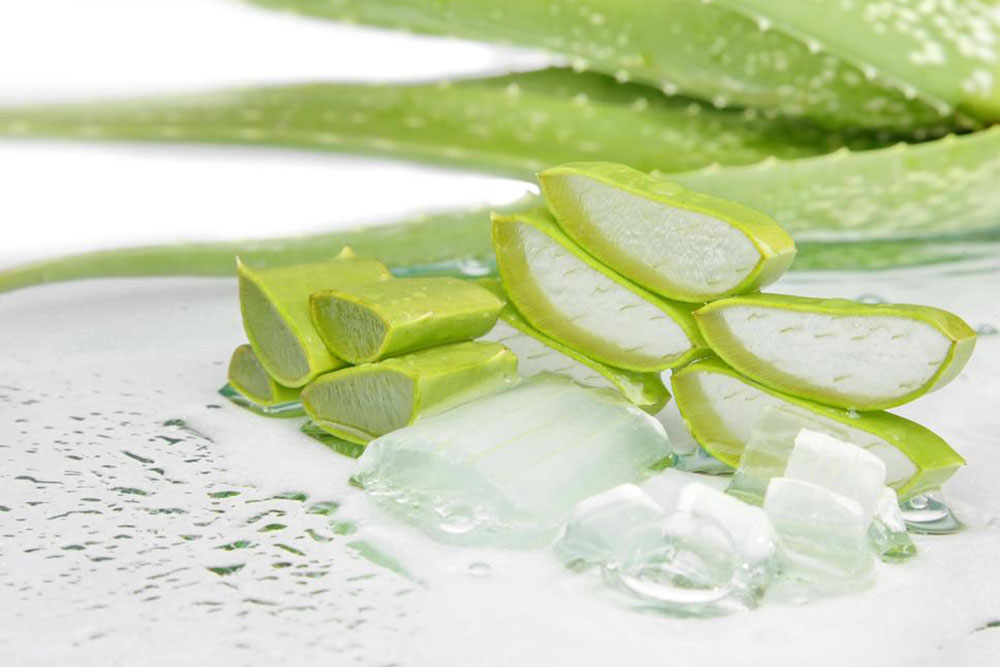Comprehensive Guide to Relieving Itchy Skin: Best Creams and Natural Home Remedies
Explore effective solutions for itchy skin, including top creams, natural home remedies, and tips to alleviate discomfort. This comprehensive guide covers treatments suitable for all ages and skin types, helping you regain comfort and skin health effectively.

Effective Strategies for Managing Itchy Skin: Top Medications and Natural Treatments
Itchy skin, medically known as pruritus, is a common condition that can significantly impact daily life and overall well-being. Managing this discomfort effectively often involves the use of specialized anti-itch creams and ointments that bring soothing relief, reduce inflammation, and restore skin health. The choice of treatment may vary depending on the severity of the itch, the underlying cause, and the patient’s age. Whether dealing with eczema, dry skin, allergies, or other dermatological conditions, understanding the best topical options and home remedies is vital for safe and effective relief.
Top Anti-Itch Solutions for Adults For adults experiencing persistent itching, selecting the appropriate anti-itch product can dramatically improve quality of life. Many over-the-counter remedies contain ingredients like hydrocortisone, pramoxine, or capsaicin that target different causes of itching. These products are designed to block nerve signals that cause discomfort or soothe inflamed skin. It’s important to use these treatments as directed and consult with healthcare professionals if symptoms persist or worsen. Additionally, lifestyle modifications such as avoiding known allergens and triggers can prevent recurrent itching episodes.
Moisturizers for Dry, Itchy Skin: Calm and Hydrate One of the most fundamental approaches to managing itchy skin is maintaining adequate hydration. High-quality moisturizers like Eucerin Skin Calming Cream, Gold Bond Medicated Lotion, and La Roche-Posay Lipikar are formulated to restore moisture balance and provide a protective barrier against environmental irritants. Applying these emollients immediately after bathing, while the skin is still damp, enhances their effectiveness by sealing in moisture. Ingredients such as glycerin, ceramides, mineral oils, coconut oil, and beeswax are known to lock in hydration and reduce dryness that causes itching. Consulting a dermatologist can help identify the most suitable moisturizer based on specific skin types and conditions.
Relief Options for Elderly Patients Senior individuals often face unique skin challenges, including increased dryness, heightened sensitivity, and chronic skin conditions such as psoriasis or eczema. Natural soothing remedies like aloe vera gel and menthol-infused lotions can provide immediate relief for minor irritations, sunburns, or bug bites. Petroleum-based ointments such as Vaseline and Aquaphor serve as excellent protectants for cracked, dry skin; however, they should be used with caution on oily or acne-prone skin to avoid pore congestion. Reapplying these emollients on damp skin maximizes their hydrating benefits, helping to prevent further cracking and itching. Regularly consulting healthcare providers ensures proper management tailored to individual needs.
Natural Home Remedies for Itching Alleviation Many natural remedies have stood the test of time in soothing itchy skin. Applying a cold, damp cloth or ice pack on the affected areas for 5 to 10 minutes can significantly reduce inflammation and numb the skin, providing quick relief. Keeping moisturizing creams in the refrigerator enhances the cooling sensation, offering additional comfort. Wet wrap therapy, which involves wrapping the affected skin with water-saturated gauze, is commonly used for severe eczema or dermatitis, especially in children, to hydrate and protect sensitive skin. Diluted apple cider vinegar can help soothe scalp itchiness or dandruff, but should be avoided on open wounds or broken skin to prevent irritation. Baking soda baths or paste applications are effective in treating fungal skin infections due to their antifungal and soothing properties. It is crucial to seek professional medical advice if the itching persists, worsens, or is accompanied by other concerning symptoms, such as infection or systemic illness.





